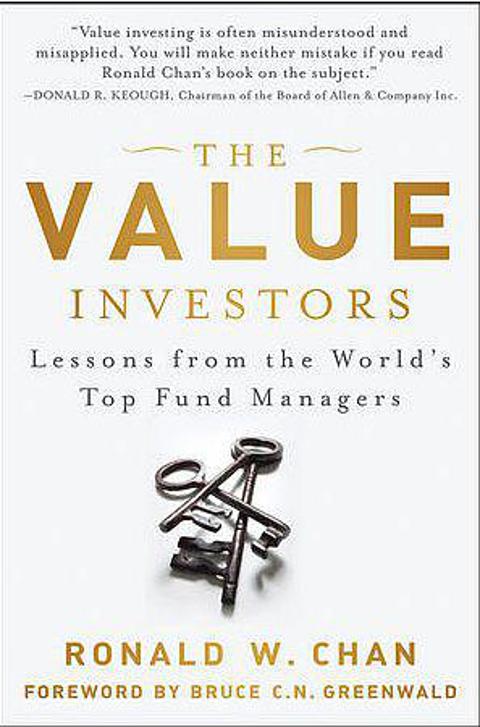Book Review: The Value Investors

Value investing shares several attributes which are mentioned in the final chapter of this fine book:
- Humility in portfolio construction.
- Valuation, though difficult, is important.
- Good value investors read widely.
- It’s not just math, but understanding competitive advantage.
- Having a good sell discipline.
- Having the right attitude in investing
This book examines 12 men in 10 organizations who are value investors.? As noted above there are common elements to value investing, but in the minor aspects, there are many different ways to pursue the topic.
Some diversify more; some less.? Some are more quantitative, some are more qualitative.
Now the fun of a book like this is that there are faces old and new, at least for me.? I knew of:
- Walter Schloss
- Irving Khan and his son Walter Khan
- William Browne
- Jean-Marie Eveillard
- Mark Mobius
- Shuhei Abe of SPARX Group (Japan)
But I did not know of:
- Francisco Garcia Parames (Spain)
- Anthony Nutt (England)
- Teng Ngiek Lian (Singapore)
- V-Nee Yeh & Cheah Cheng Hye (Hong Kong)
What impresses me is that among many different sub-approaches, approaching the stock market like an intelligent businessman works no matter where in the world you are, so long as it is subject to the rule of law.
I particularly enjoyed the biographical information about these men.? Many of them were good businessmen in onther industries before they began to do investing.? Their experiences in operating a business informed that way that they invest — think of stocks as fractional ownership in a business, and ask whether it is an attractive opportunity or not.
Quibbles
None.
Who would benefit from this book: ? All those exploring value investing would benefit from this work.? Those the know the topic well already can disregard it.? If you want to, you can buy it here: The Value Investors: Lessons from the World’s Top Fund Managers.
Full disclosure: The PR flack sent me a copy of the book after asking me if I wanted it.
If you enter Amazon through my site, and you buy anything, I get a small commission.? This is my main source of blog revenue.? I prefer this to a ?tip jar? because I want you to get something you want, rather than merely giving me a tip.? Book reviews take time, particularly with the reading, which most book reviewers don?t do in full, and I typically do. (When I don?t, I mention that I scanned the book.? Also, I never use the data that the PR flacks send out.)
Most people buying at Amazon do not enter via a referring website.? Thus Amazon builds an extra 1-3% into the prices to all buyers to compensate for the commissions given to the minority that come through referring sites.? Whether you buy at Amazon directly or enter via my site, your prices don?t change.



